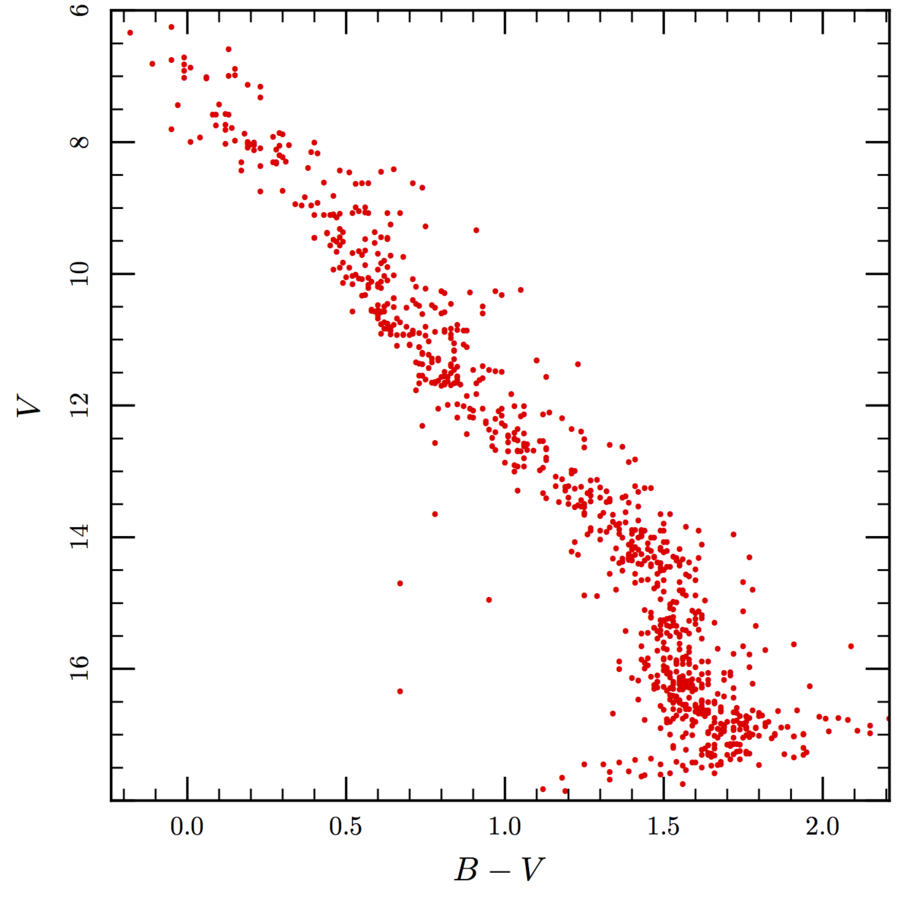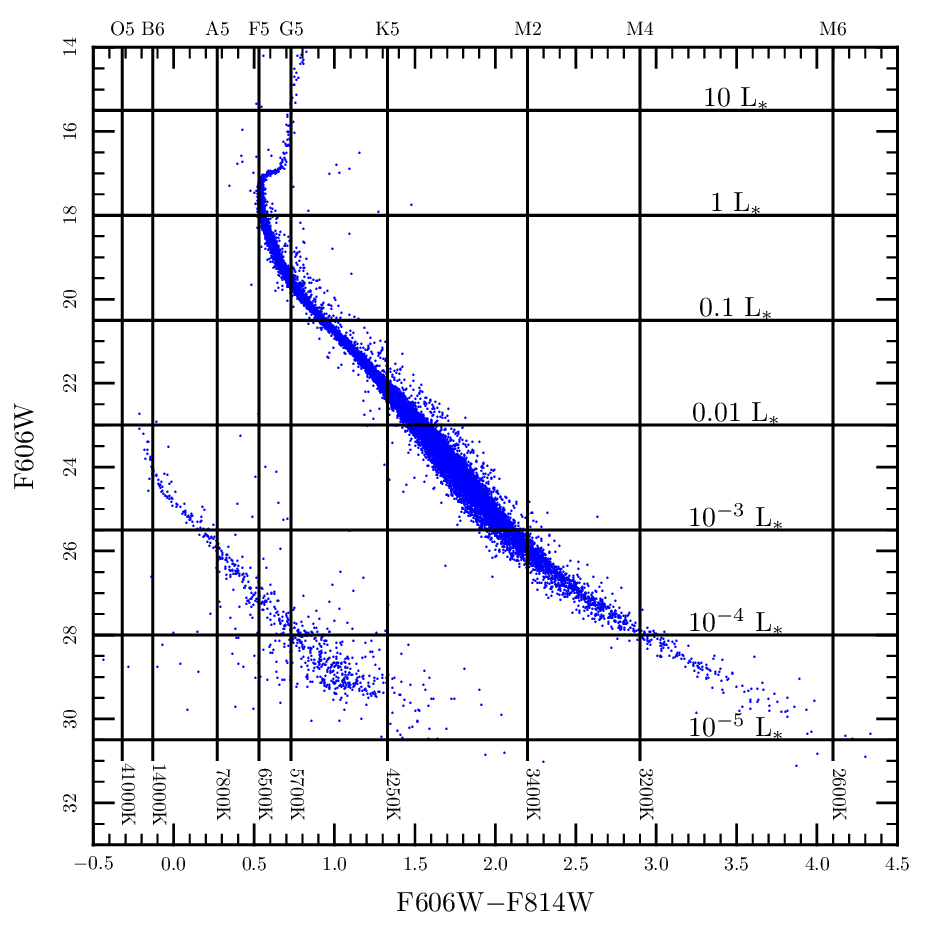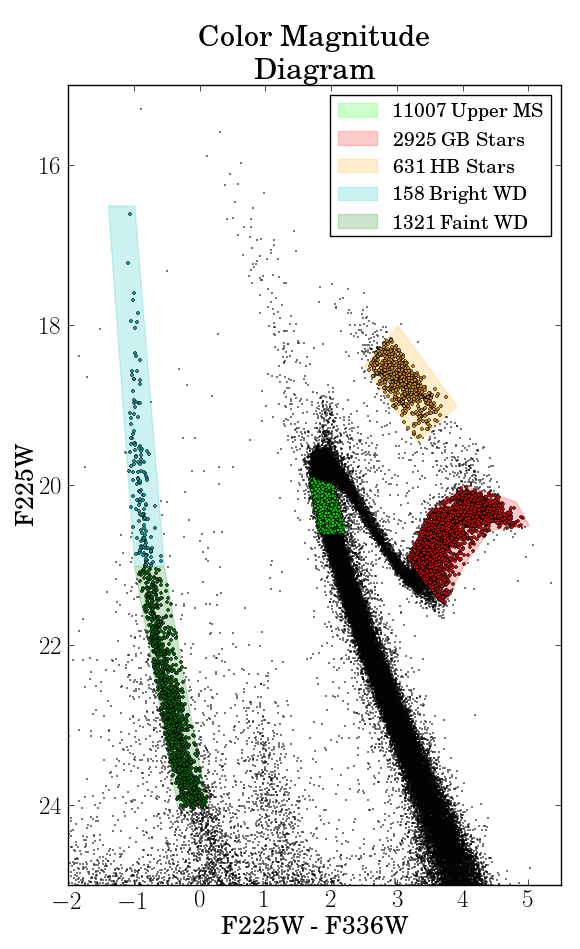Template:ASTR508/Basic Stars, Basic MESA
Basic Stars, Basic MESA
Reading Assignment
Chapter 1 of Stellar-Astrophysics Notes
Observations of Stars
How to get MESA?
- Download the MESASDK from http://www.astro.wisc.edu/~townsend/static.php?ref=mesasdk and unpack
- Download the recent MESA source by following the instructions at http://mesa.sourceforge.net
- Create your setup.sh script to setup the environment variables for MESA and the MESASDK
- Run the setup.sh script
- Go to the MESA directory and run "./install"
- Get more help at http://mesastar.org/
- If you want to install ctioga2 with your MESASDK, follow my instructions at Ctioga2.
You can also use MESA-Web until you get your own copy working or Cocalc. If you have trouble installing your copy, please try
What does MESA do?
MESA Inlists:
- sample_zams
- create_zams
Assignment
Part 1
Using the estimate of the central temperature of the Sun that I derived in class and the equation for radiative energy transport, estimate the luminosity of the Sun if the opacity is given by electron scattering 0.4 cm2g-1 or by free-free opacity using the mean density and the central temperature of the Sun. Here is the formula for the absorption coefficient in c.g.s. units and its relationship to the free-free opacity :
Take . and are the number densities of electrons and ions respectively. is the atomic number and is the Rosseland mean Gaunt factor.
Part 2
Complete the MESA exercises at the end of chapter one of Stellar Astrophysics .
The easiest way to get the code for the exercises is to download the repository on GitHub at [1].
Also please download [2] to help you get started with MESA>


